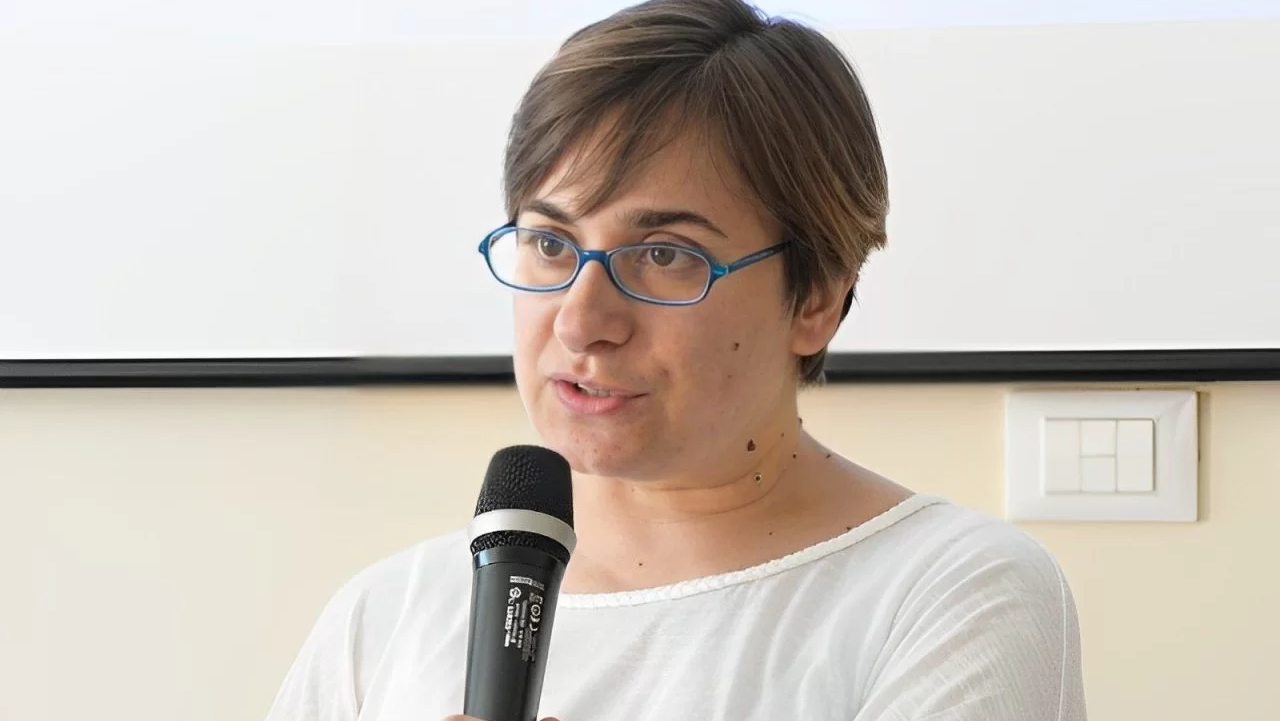Angela Mastronuzzi, Head of Neuro-Oncology Unit at Bambino Gesù Children’s Hospital and President of AIEOP, shared a post on LinkedIn about a recent article she and her colleagues co-authored, published in Expert Review of Clinical Immunology:
“‘Central nervous system immunological complications of immunotherapy in pediatrics’
Immunotherapies such as CAR T-cell therapy and immune checkpoint inhibitors (ICIs) have transformed pediatric cancer treatment but are increasingly associated with severe central nervous system (CNS) immune-related adverse events (irAEs), which remain poorly understood in children.
Our review summarizes current knowledge on CNS irAEs in children receiving CAR T-cells, ICIs, and monoclonal antibodies.
Article highlights:
- Immunotherapy in pediatric oncology requires tailored strategies due to the distinct immunological and neurodevelopmental characteristics of children.
- Neurotoxicity, particularly ICANS, is a critical immune-related adverse event in pediatric patients, requiring proactive risk stratification and early intervention.
- Advances in immunomonitoring, including cytokine profiling and neurofilament assays, offer promising tools for early detection of CNS toxicity.
- AI-driven predictive models and precision immuno-oncology approaches can personalize treatment and mitigate adverse events.
- Engineering safer CAR-T platforms with self-regulating functions and i switches could reduce neurotoxicity without compromising efficacy.
- Long-term follow-up studies are essential to understand the neurocognitive and endocrine sequelae and to develop effective rehabilitation strategies.”
Title: Central nervous system immunological complications of immunotherapy in pediatrics
Authors: Diana Ferro , Veronica Capelli, Alberto Eugenio Tozzi, Giada Del Baldo, Angela Mastronuzzi
Read the Full Article on Expert Review of Clinical Immunology

More posts featuring Angela Mastronuzzi.


